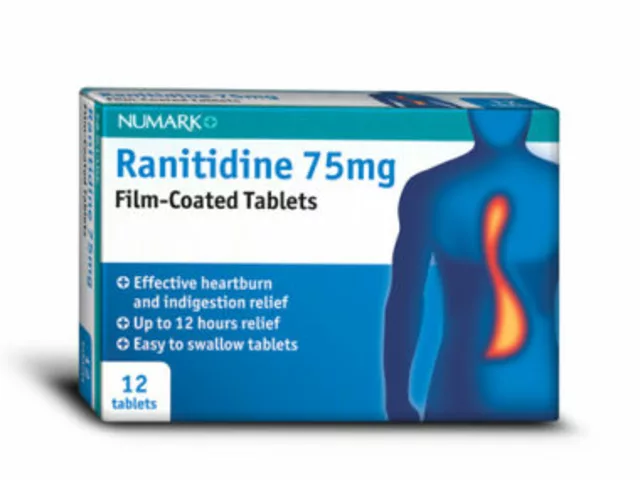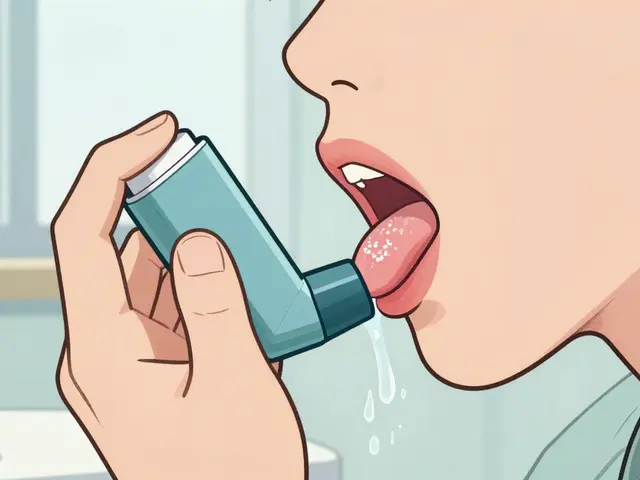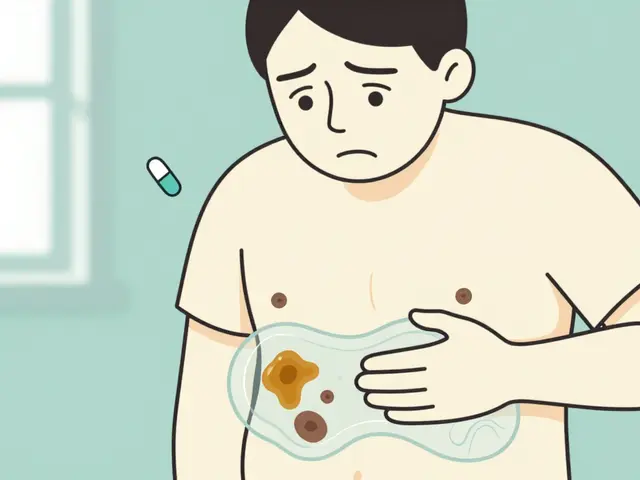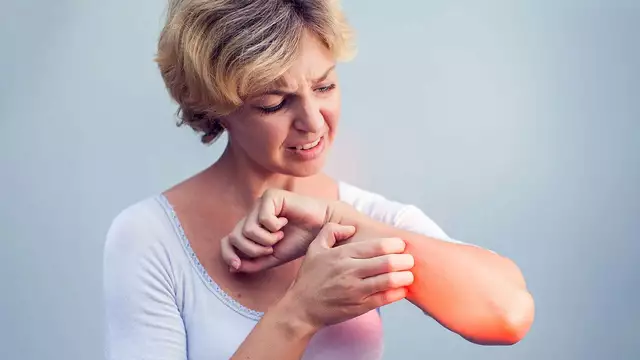Herpes treatment: what works and what to do during an outbreak
If you’ve got HSV-1 (cold sores) or HSV-2 (genital herpes), treatment aims to shorten outbreaks, ease symptoms, and lower the chance of passing the virus on. You don’t have to guess what helps—there are clear medical options and simple steps you can use the moment symptoms start.
Quick, effective medical treatments
Oral antiviral medicines are the backbone of herpes care. Drugs like acyclovir, valacyclovir and famciclovir cut how long an outbreak lasts and reduce pain when taken early. Doctors prescribe these for two main uses: episodic treatment (take when symptoms start) and suppressive therapy (daily pills if outbreaks are frequent or to lower transmission risk).
For cold sores, an over-the-counter ointment called docosanol can help a bit if applied early. For genital sores, topical creams usually don’t work well—oral antivirals are the better choice. If you have a weakened immune system or severe infection, IV antivirals and specialist care may be needed.
Testing matters. A swab from a fresh sore gives the best result, while blood tests check for past exposure. If your diagnosis is unclear, ask your clinician which test fits your situation.
Self-care, prevention, and when to call a doctor
Start home care as soon as you notice tingling or redness: keep the area clean, use cool compresses for pain, and take regular over-the-counter pain relievers. Topical lidocaine can numb painful sores. Avoid picking at lesions to prevent extra irritation or infection.
To prevent spread: avoid sexual contact while sores are visible, use condoms to lower risk (they don’t eliminate it), and avoid kissing or sharing utensils during cold-sore outbreaks. If you’re pregnant or planning pregnancy, tell your provider—pregnancy changes how doctors manage herpes because of newborn risks.
Watch for red flags: high fever, worsening pain, many lesions, or symptoms that don’t improve with treatment. Those signs mean see a doctor fast. Also check in if outbreaks suddenly become more frequent—your doctor may suggest daily suppressive therapy or check for triggers like stress, illness, hormones or UV exposure.
Medication adherence matters. Take antivirals exactly as prescribed and finish the course when advised. Skipping doses raises the chance of longer outbreaks or complications. If you suspect resistance (meds stop working), a specialist can recommend different drugs or tests.
Dealing with herpes is often about timing and sensible habits: start treatment early, protect partners, and manage triggers. If you want specific help, book a visit with your clinician—personalized care is the fastest way to feel better and reduce future outbreaks.

This in-depth article explores ten alternatives to Valtrex for managing herpes infections. From traditional antiviral medications like Acyclovir and Famciclovir to natural remedies like Aloe vera gel and L-lysine, each option is evaluated based on its effectiveness and application. The article provides a balanced view of each alternative’s pros and cons to help readers make informed choices. Whether seeking prescription solutions or over-the-counter relief, this guide offers insights into various treatments available today.






